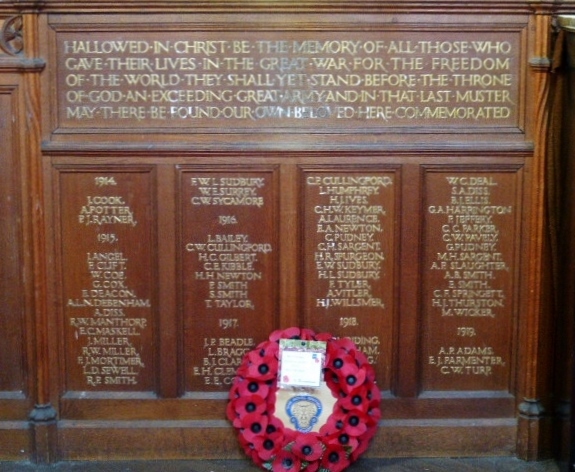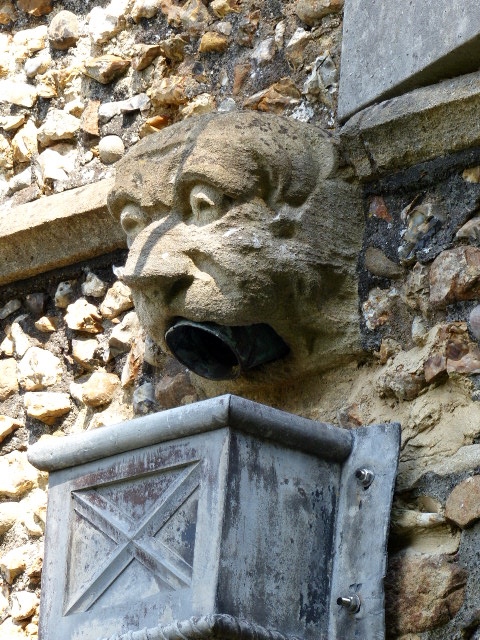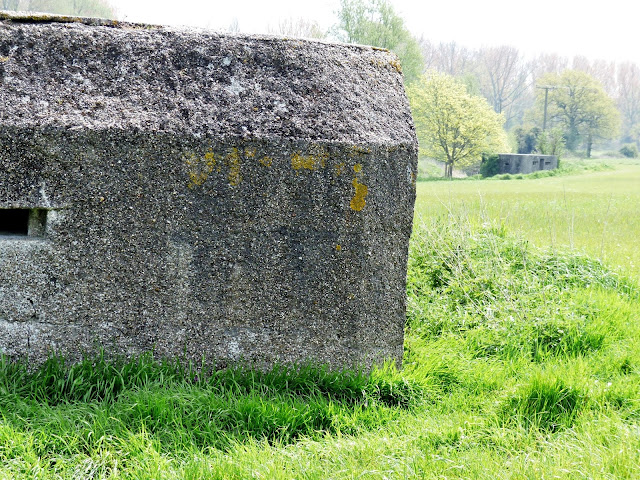Townsford Mill stands on a spot used by mills of many types going back centuries. It is thought grain was first milled here in the midst of agricultural land but over the years weaving became the norm. Samuel Courtauld, one of a family of Unitarians, became sole owner in 1825, one of many mills he was to possess, and soon developed a powerful steam worked silk mill one of the biggest in the country. However by 1850 foreign competition hit deep into his output this led to a development of Black Crepe often used in funerals, which with a stroke of luck brought him much profit when prince Albert died. With Victoria descending into deep mourning the nation followed on and Courtauld's Black Crepe was in much demand. The Mill soon employed over 1400 women using a thousand looms. Weaving of one sort or another continued until 1982 and soon after the closure the antiques people moved in and what a success this has become.
Where once a thousand looms deafened the girls working them now a variety of units peddle items some of which my family still put to good use. Imaging how many items now considered 'antique' are still lying abode the abode? There is a restaurant in the bottom and two floors of
These two houses are part of a row which Samuel Courtauld built for his workers. He was not penny pinching when he asked George Sherrin to build them in 1883 was he? I suspect the more loyal workers with their families were placed in here. Courtauld employed 70 men and boys as well as the women, many of those rescued from London's workhouses and offered jobs in Essex. Long hard hours for seven shillings and sixpence may not seem much now but it was better than a life on the street which was the future for many of the girls otherwise at that time. The weavers cottages from yesterday were probably built by him for his workers also.
Amazing how dingy clearish brown water runs up to the mill but on the other side the river is overgrown all the way along. Reed clutter the river bed and had I the energy I would have walked along for a few miles to see a bit of countryside. Instead I came upon this bedraggled old building once a hive of industry and now awaiting its fate.
Originally part of the railway yard this large double sized building looks derelict and rather sad at the moment. This is a reflection on how important railways were to industry in times past as the goods yard was big for such a town and business must have been brisk. Today little remains although one or two station building have been reused, however I suspect few under seventy remember the line in operation.
Some folks like it however. Three windows had such a bird taking ownership of the place. Plenty large windows to go round for everybody.
As I avoided spilling my lunch in the Bull Inn I gazed at the thick aged beams that hung above me. These may have been part of the original building when created in the 1400's. Imagine, in spite of adaptions and renovations over the years, imagine how many have supped here over the past seven centuries? Impossible to miss at the bottom of the hill the bridge over the river is outside the door and I wonder if any careless driver or runaway horse and cart have clattered into the Bull? I can see many drivers of both horse and car doing so.
Waiting at the door for the taxi to come through...
The public gardens are well maintained by the excellent council workforce and here the memorial to the lost of WW2 is found. A small four sided plinth is engraved with the names of the lost and the gardeners have created this magnificent Lancaster Bomber as tribute to the airmen who lost their lives. Apparently this is the second Lancaster, the year before that a Glider was made. I see this as a magnificent gesture and who knows what they have in mind for the next one.
Well done to the council gardeners!
The gardeners also maintain the excellent pond which has found favour with several ducks. So happy are they that mum has produced at least four chicks who stumble around the pond searching for lunch. Kids are always hungry, at least when it suits them.
Not far from the pond stand the disused Holy Trinity Church. The architect one Sir George Gilbert Scott a man famous for many buildings such as the Midland Hotel, The Foreign & Commonwealth Office and the Albert memorial. This was one of his earlier works in 1843/44 and now stands bare and rather sad. The outside is impressive but as almost everything relevant has been removed the building is in the care of The Churches Conservation Trust.
It was as I turned and looked down the nave that I suddenly became rather depressed by the disconsolate appearance a disused church has. It matters not that this was a 'High Church' in times past (It appears a golden cross was offered for processions and some objected, possibly the protestant types. This cross soon disappeared and was later found bent over in the River Colne. It was returned to the vicar in 1911 and soon back in use.)
One of the few remaining items is the Great War Memorial which appears to be still made use off.
Some people have not been forgotten.
OK, you can wake up now. No more from Halstead that I will show.
































































